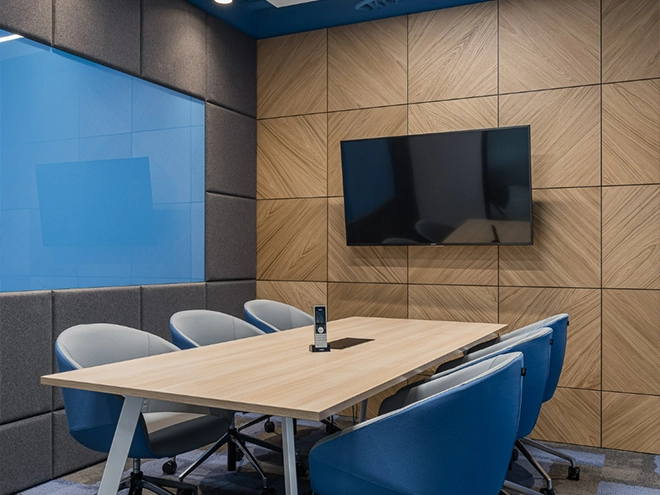In the era of digitalization, cameras have become an integral part of our lives, capturing precious moments and providing surveillance for security purposes. However, have you ever wondered how long cameras can keep recording? In this blog post, we will delve into the factors that determine the lifespan of camera recordings and explore strategies to maximize their longevity.
- Storage Mediums:
The duration for which cameras can record largely depends on the storage medium used. Traditional analog cameras relied on tapes, which had limited capacity and required frequent replacement. Nowadays, digital cameras utilize various storage mediums such as hard drives, solid-state drives (SSDs), and cloud storage. Each medium has its own lifespan, and understanding their characteristics is crucial for ensuring long-term recording. - Hard Drives:
Hard drives are commonly used in surveillance systems due to their cost-effectiveness and high storage capacity. However, they are susceptible to mechanical failures and have an average lifespan of around 3-5 years. To prolong their lifespan, it is essential to regularly monitor their health, perform disk maintenance, and ensure proper ventilation to prevent overheating. - Solid-State Drives (SSDs):
SSDs have gained popularity in recent years due to their faster access speeds and enhanced durability. Unlike hard drives, SSDs have no moving parts, making them less prone to mechanical failures. On average, SSDs can last for 5-7 years. However, it is important to note that SSDs have a limited number of write cycles, so it is advisable to distribute the workload evenly across multiple drives to extend their lifespan. - Cloud Storage:
With the advent of cloud technology, storing camera recordings remotely has become a viable option. Cloud storage offers virtually unlimited capacity and eliminates the risk of physical damage or theft. However, the lifespan of camera recordings in the cloud depends on the service provider and the subscription plan chosen. It is crucial to select a reputable provider that offers long-term storage options and ensures data redundancy to prevent loss. - Maintenance and Backup Strategies:
To ensure the longevity of camera recordings, regular maintenance and backup strategies are essential. Implementing a comprehensive maintenance plan, including firmware updates, regular system checks, and cleaning of camera lenses, can prevent potential issues and extend the lifespan of the equipment. Additionally, creating redundant backups of recordings on multiple storage mediums or utilizing RAID configurations can safeguard against data loss.
Conclusion:
In conclusion, the lifespan of camera recordings varies depending on the storage medium used and the maintenance strategies implemented. Hard drives, SSDs, and cloud storage each have their own advantages and limitations. By understanding these factors and adopting appropriate maintenance practices, individuals and businesses can maximize the longevity of camera recordings, ensuring the preservation of valuable footage for years to come.


